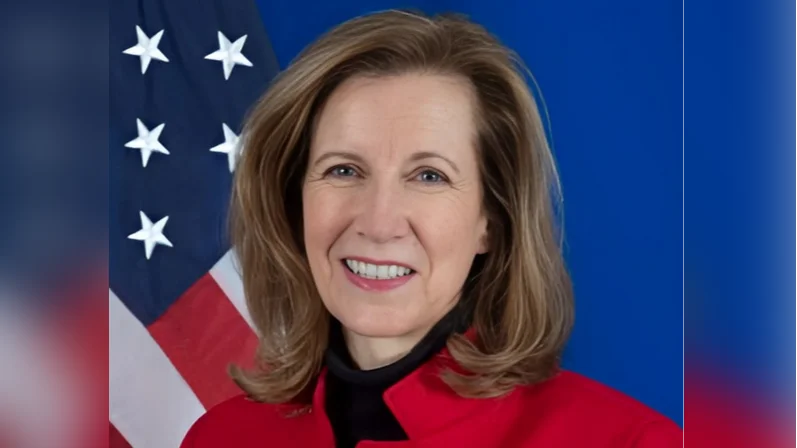The United States recently voted against a decision on UNICEF's Country Program Documents due to concerns about terms and concepts conflicting with U.S. policies. The vote came after the Executive Board failed to reach consensus. The U.S. expressed its disagreement with elements that contradict President Trump's Executive Orders, particularly those perceived as endangering UNICEF's mission.
The U.S. objected to certain programming efforts by UNICEF, emphasizing adherence to federal civil-rights laws that protect against discrimination based on race, color, religion, sex, or national origin. "Diversity, Equity, Inclusion and Accessibility (DEIA) programs violate the text and spirit of our laws by replacing hard work, merit, and equality with a divisive and dangerous preferential hierarchy," stated Secretary Rubio.
Additionally, the U.S. maintains a policy recognizing only two sexes—male and female—and opposes promoting gender ideology in federal funding or programming documents. Concerns were raised over language used in UNICEF documents that might expose children to what the U.S. deems a "dangerous ideology."
While prioritizing children's needs, the U.S. preferred not to reopen the Country Program Documents for further discussion to avoid disrupting ongoing UNICEF efforts globally.
The United States seeks collaboration with UNICEF and other Board members to manage the CPD process effectively so that future documents promote equal opportunities without compromising institutional missions through contentious ideologies.
"President Trump made clear that gender ideology and immoral discrimination programs under the guise of DEI undermine the success and endanger the mission of any institution that proliferates them," concluded the statement from the United States.

